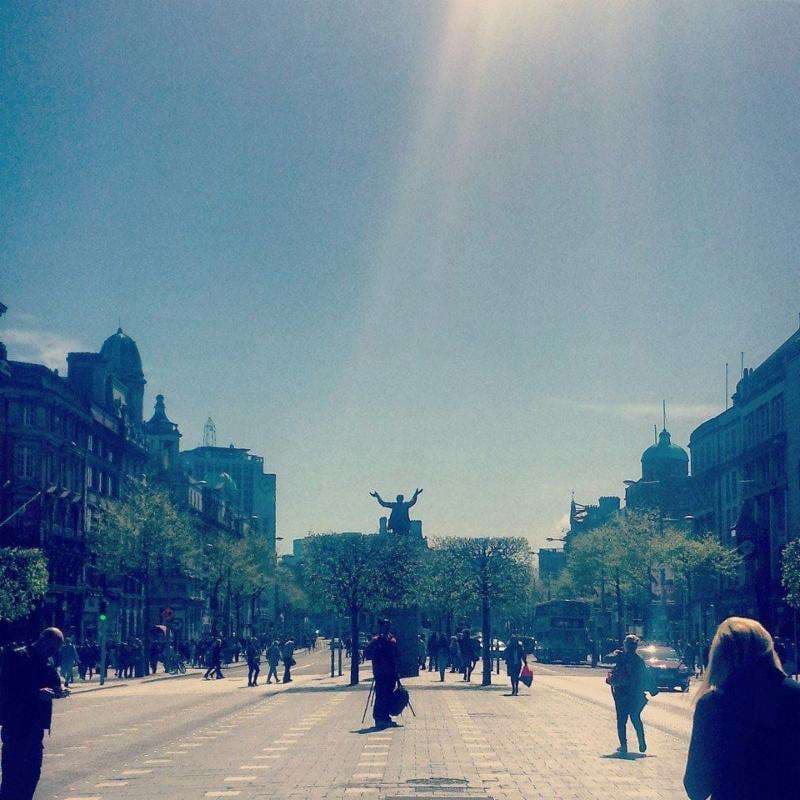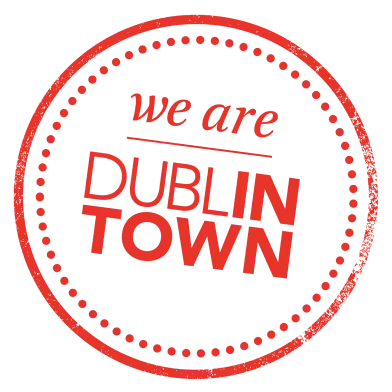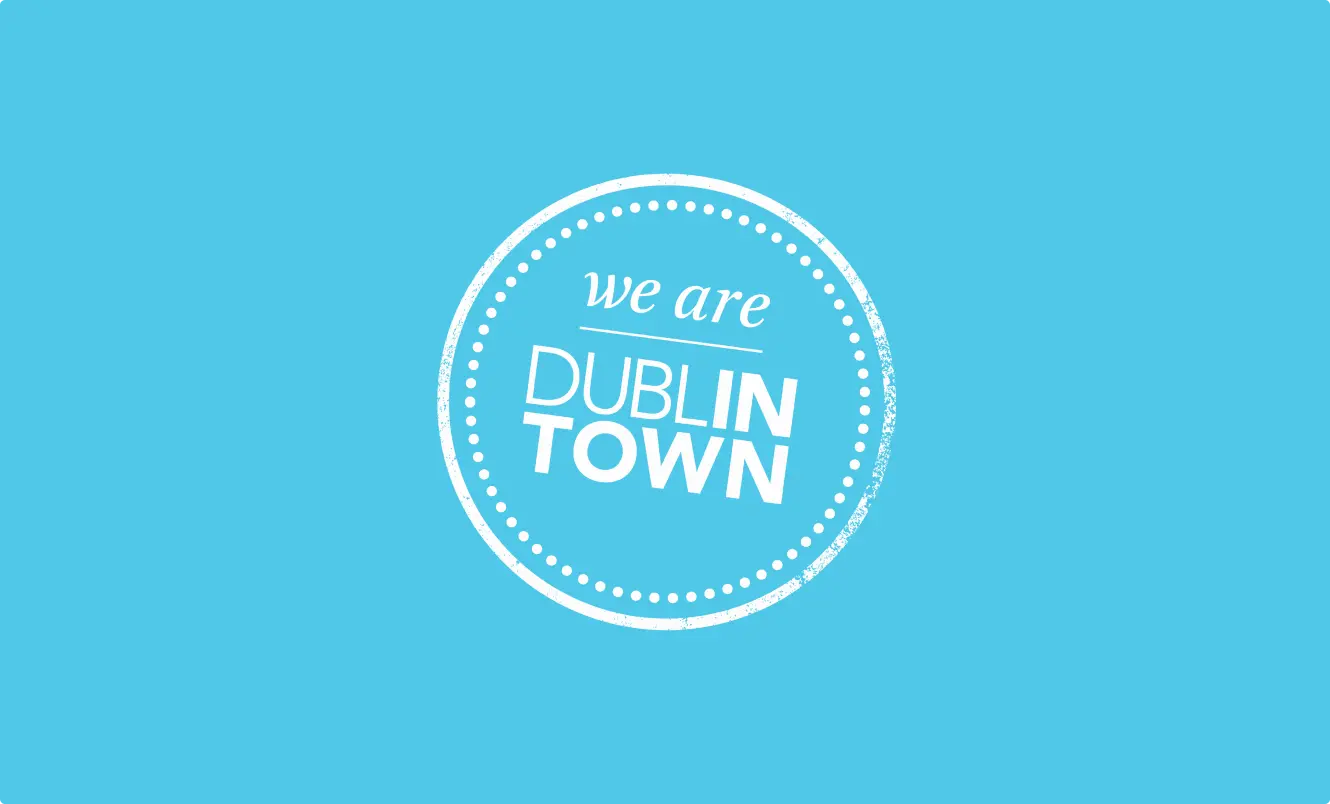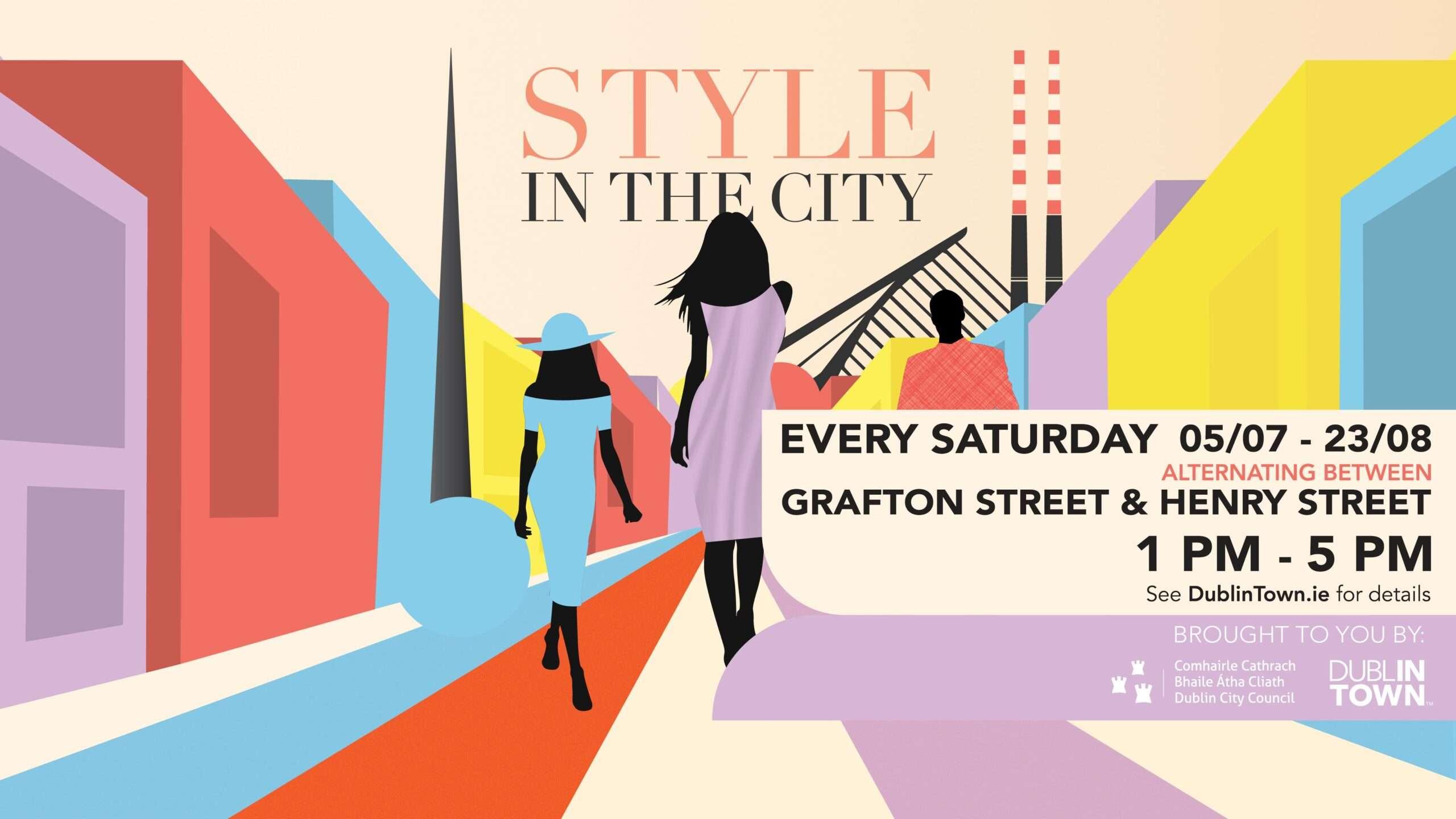DublinTown manifesto for Dublin City Centre

- Tue 09 February, 2016
With the end of the recession there is a strong sense of optimism across the city’s business community. The speed of the recovery is throwing up challenges and opportunities that need to be managed with a desire that we learn from the past and future proof our decision making.
Dublin businesses want to safeguard the recovery and work with state agencies to ensure that the city reaches its full potential and that Dublin remains the driver of Ireland’s economic recovery.
The sense that Dublin is on the cusp of significant change reflects a rapidly changing international context. The digital revolution is challenging the way business is done and demands new ways of operating. The Paris agreement on climate change will determine how we will live in the coming decades requiring significant changes to housing location and density, and transport provision.
Successful cities thrive on effective partnerships between the public, private and voluntary sectors. It is essential that we develop a collective vision for Dublin and work in unison to achieve it.
Success in the 21st century will be determined by the quality of life offered by urban centres. These quality of life issues directly impact on Foreign Direct Investment decisions and are critical to securing Dublin’s future. Dublin has to become Europe’s most welcoming and technologically advanced city; one where people chose to live, work, shop, socialise and invest.
Transport
Dublin’s public transport system needs significant investment. It currently compares very unfavourably with our competitors. The National Transport Authority’s Transport Strategy for the Greater Dublin Area clearly demonstrates how these shortcomings can be addressed. However, the timescale for delivery is simply too long. Dublin cannot wait until 2035 for infrastructure that was required before 1990.
Providing adequate resources to fund the proposals contained in this transport plan must be made a priority if Dublin is to reach its potential. The projects contained in the plan must start now and be worked on simultaneously.
There is insufficient road space available in Dublin to meet the competing transport demands. Therefore a significant proportion of future infrastructure must be placed underground.
We therefore, call for priority to be given to the Metro North and DART Underground projects. The business community do not believe that the Bus Rapid Transit proposals will meet the city’s needs.
While supportive of the current transport proposals it is essential that vehicle access be maintained to the city centre’s car parks and hotels. Car borne passengers account for 31% of spend in the city. This spend cannot be sacrificed.
While welcoming the proposed investment in cycling infrastructure we call for adequate provision of safe cycle parking. Current unsafe bicycle parking is undermining the city’s permeability.
Perceptions of safety
Perceptions of safety in the city are improving. However, there is a lot that remains to be done.
Like many other locations Dublin city has seen a decrease in Garda numbers. Nothing dispels anti-social behaviour or instils greater comfort in the public mind than the sight of Gardaí on the street. We require a return to a full complement of Garda numbers in both Store St. and Pearse St. stations. Dublin’s daily footfall averages 328,000. This is greater than the entire combined populations of Cork, Limerick and Galway. Dublin city deserves an appropriate complement of Garda resources.
 The open street sale of prescription drugs is a major cause of concern for the public. Legislation to prohibit the street sale of powerful and potentially dangerous medicines has been promised since 2012. This situation must be resolved now.
The open street sale of prescription drugs is a major cause of concern for the public. Legislation to prohibit the street sale of powerful and potentially dangerous medicines has been promised since 2012. This situation must be resolved now.
We call for the acceleration in rolling out the programme for the use of GP’s and local pharmacies in working with drug users in at community level.
There is a requirement for an adequate response to the housing crisis. Dublin City Council must be empowered to supply housing for those who need it including the adequate funding of the housing first policy. Other Local Authorities must also work constructively with their residents to alleviate the demands on the capital.
The city’s CCTV requires modernisation. This requires urgent attention.
Dublin to go higher
The city’s population is growing. Internationally more and more people want to live in city centres within walking distance of their place of work. We need taller buildings with higher densities to provide adequate office and residential space in the city. There are real competitive and quality of life issues at stake. The lack of accommodation is now being reflected in higher commercial and residential rents which could become unsustainable. Dublin’s future can no longer be low rise.
The LOTS scheme has enormous potential to release additional units in prime locations. However, the scheme has not worked due to excessive red tape and difficulties in making historic buildings meet modern guidelines. The scheme should be reviewed and more practical solutions found for the renovation of our historic building stock to ensure that they can fulfil an important role in the future.
Tourism
The development of a tourism brand and specific Dublin tourist proposition is very welcome as is the proposal to develop a public private approach to the promotion of Dublin as tourist destination. The business community look forward to enhanced engagement in delivering the tourist product and marketing messages that will ensure Dublin captures its fair share of the tourist market with repeat visits.
Mobile Commerce now means that customers can purchase whatever they want, from anywhere in the world at any time of the day or night on their mobile phones. To compete, Dublin city centre must offer a unique and total experience. To achieve this we must invest in the Dublin street scape, continuing the repaving of the south side of the city and develop a similar programme for the north side with additional seating and facilities. This would include a re-imagining of streets like Moore Street, Parnell Street and Liffey Street (Upper and Lower) which are underperforming and which have the potential to add considerably to the overall north side experience, generating significant additional employment.
We would see considerable scope to enforce regulations and limit criminal damage such as graffiti through restorative justice practices.
Dublin is not sufficiently family friendly. Families from here and abroad do not visit the city as often as they should. We believe that state owned assets such as Tyrone House, and Mary’s Abbey should be made more accessible to the public and that assets such as Stephen’s Green and Wolfe Tone Square should be used more regularly and extensively to house family friendly events and activities.
As a city that sells itself as a tech savvy destination Dublin has to develop quality free Wifi throughout and become a ‘Connected City’. This can be achieved between public and private partners.
Dublin city is a shared space and as the city gets bigger we will need to establish better ground rules as to how this space can be used to meet our often competing needs. Movement within the city has been made very difficult for example on the days when protests are held. While everyone supports the democratic right of freedom of expression, it is unfair to those who wish to go about their ordinary business on occasions when the city is made difficult to traverse and visit. Similarly, we request that Part 7 of the Charities Act be commenced to assist in regulating on street charity collections.




